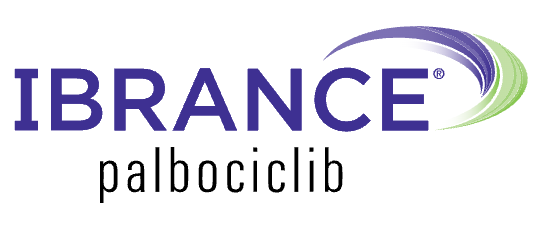Sunitinib malate is a multikinase inhibitor that has emerged as a transformative treatment option for advanced gastrointestinal stromal tumors (GIST). In this comprehensive blog, we will discuss sunitinib’s mechanism of action, its role in the treatment of GIST, its potential side effects, and the impact it has had on the prognosis and quality of life of patients with GIST.
Mechanism of Action:
Sunitinib acts on various tyrosine kinases that play crucial roles in angiogenesis, cell proliferation, and apoptosis. It primarily targets platelet-derived growth factor receptors (PDGF-R), vascular endothelial growth factor receptor (VEGFR), and c-kit, the primary driver of GIST growth. Through inhibition of these proteins, sunitinib disrupts the complex signaling network necessary for cancer cell proliferation and survival.
Dosage Of Sunitinib
The recommended dosage for sunitinib in gastrointestinal stromal tumors (GIST) is 50 mg orally once daily, with or without food. This treatment schedule consists of 4 weeks of treatment followed by 2 weeks off, allowing for a cyclic regimen that balances therapeutic efficacy with potential side effects.
Contribution to GIST Treatment:
Sunitinib capsule is approved for the treatment of adult patients with advanced GIST who cannot be surgically resected or whose disease has recurred following initial therapy. It is administered orally, typically once daily, and has demonstrated impressive efficacy in clinical trials. Compared to standard treatments like imatinib mesylate, sunitinib offers better overall response rates, progression-free survival, and tolerability profiles.
Potential Side Effects:
Although sunitinib is generally well-tolerated, it can cause certain side effects that need to be monitored. Common side effects include hypertension, hand-foot syndrome, fatigue, diarrhea, nausea, vomiting, mucositis, and alopecia. More serious but less common side effects may include hepatotoxicity, bleeding, perforation, and QT prolongation. Patients receiving sunitinib require regular monitoring by their healthcare team to detect and manage any potential side effects.
Effectiveness Of Sunitinib
Sunitinib has proven to be highly effective in treating advanced gastrointestinal stromal tumors (GIST) after disease progression or intolerance to imatinib mesylate.
- In a randomized, placebo-controlled trial, sunitinib demonstrated a median progression-free survival (PFS) of 8.3 months and a median overall survival (OS) of 16.6 months.
- Other studies have reported median PFS ranging from 4.3 to 8.3 months and median OS from 14.9 to 18.0 months depending on various factors such as genetics and previous treatment history.
- Notably, sunitinib has shown a superior response rate compared to imatinib in patients with specific genetic alterations, such as KIT exon 9 mutations.
Despite its benefits, sunitinib carries a risk of adverse events, and close monitoring is essential for managing potential complications.
Advancements in GIST Treatment with Sunitinib
The introduction of sunitinib and other targeted therapies has transformed the outlook for patients with GIST. These agents have significantly improved long-term survival rates and have allowed many patients to experience durable responses. Sunitinib has also reduced the need for cytotoxic chemotherapy in GIST, offering many patients a less invasive treatment option.
In addition to its application in treating gastrointestinal stromal tumor (GIST) following disease progression on or intolerance to imatinib mesylate, sunitinib is also utilized in the management of advanced renal cell carcinoma (RCC). Furthermore, it is indicated for the treatment of progressive, well-differentiated pancreatic neuroendocrine tumors (pNET) in patients with unresectable locally advanced or metastatic disease.
Conclusion:
Sunitinib marks a significant stride forward in gastrointestinal stromal tumor (GIST) therapy. Its precise mechanism of action, notable effectiveness, and tolerable side effect profile have rendered it a pivotal choice for GIST patients. As ongoing research enhances our grasp of GIST and its management, it’s foreseeable that sunitinib will retain its pivotal position in enhancing outcomes for those affected by this condition. To check availability of generic brand of sunitinib in India, interested individuals can contact the Patient Support Team at (+91) 9315705373 or via email at help@sansfro.com.



